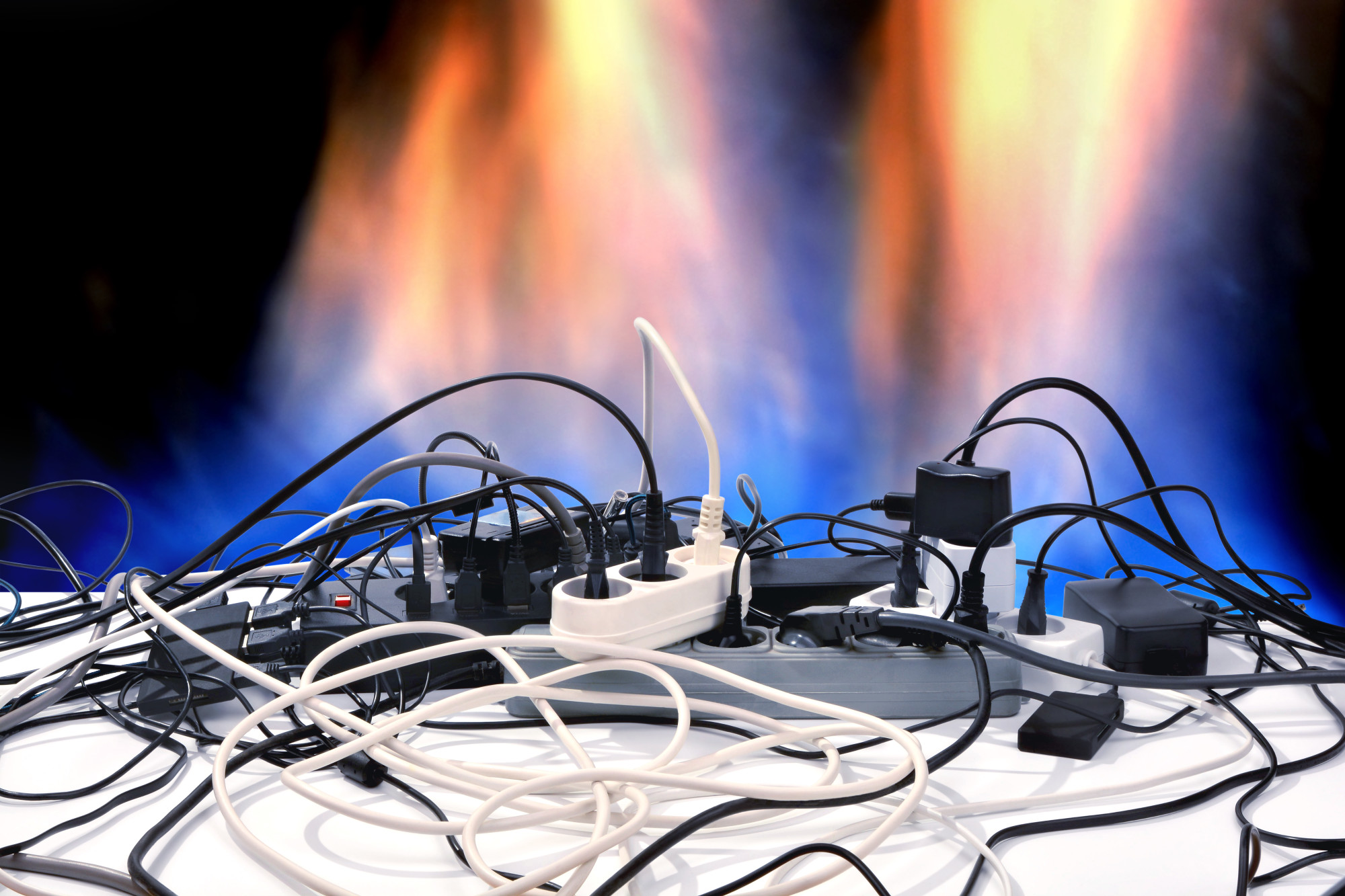Are you having electrical problems? Did you know there are over 1,900 nonfatal electrical injuries each year? We’re talking about injuries that require days away from work to recover.
Over 166 injuries from such accidents were fatal last year. Dealing with electricity is a job for professionals who have the right training and the right tools for the job. When you’re ready to discover the most common signs that it’s time to call a professional electrician to avoid electrocution, read on.
1. Gnawed or Frayed Wiring
Check over the area that’s causing problems. Are the electrical issues coming from wires that look frayed? If not frayed, do the wires look like small animals have chewed off the plastic that normally encloses the wire?
If that’s the case, then you have an exposed wire. It might have current running through it, so be certain not to tough it. Call your local electric repair service today.
2. Electrical Problems With a Burning Smell
Do you smell something burning? Does the smell emanate from inside your wall or an electrical outlet? If so, you likely have electric problems that could cause a home fire.
Faulty wiring is one of the three top reasons fires start in the home. If you smell something burning inside your home, turn off the power to your main electric panel. Then call your local home electric service immediately.
3. Take Note of Tripped Breakers
Does one of the breakers on your electric panels trip regularly? If so, it’s a sign that your circuit is using more current than is safe. That’s why the breaker keeps flipping off.
An electrician can remedy your problem. He will either install a larger breaker or install a new subpanel for that circuit.
4. Electrical Surges
If you have faulty or old appliances, you might be experiencing electrical surges. The surges only last a split second. Then they’re gone.
Other reasons for surges include damaged power lines and lightning strikes. Surges might start fires or damaged appliances, so seek out an expert electrician today.
5. Lights Flicker or Burn Out
If your bulbs flicker or burn out often, it’s a sign your current is too high for your bulb. It might be a wiring problem or a surge problem. It could also be a problem with your bulb.
First, check the bulb to ensure you installed the proper bulb. Make sure the wattage of the bulb matches the wattage of light you screw it into. Common bulb wattage includes 40, 60, 75, and 100.
What’s Next?
Now you know the most common electrical problems found in homes like yours. Did any of the above sections resonate with you? If so, it’s time to leave the work to a professional.
Pick up the phone and call your local electrician today. Did you find where are you looking for? If so, zip over and check out the rest of our huge library full of articles on all things real estate and home.

